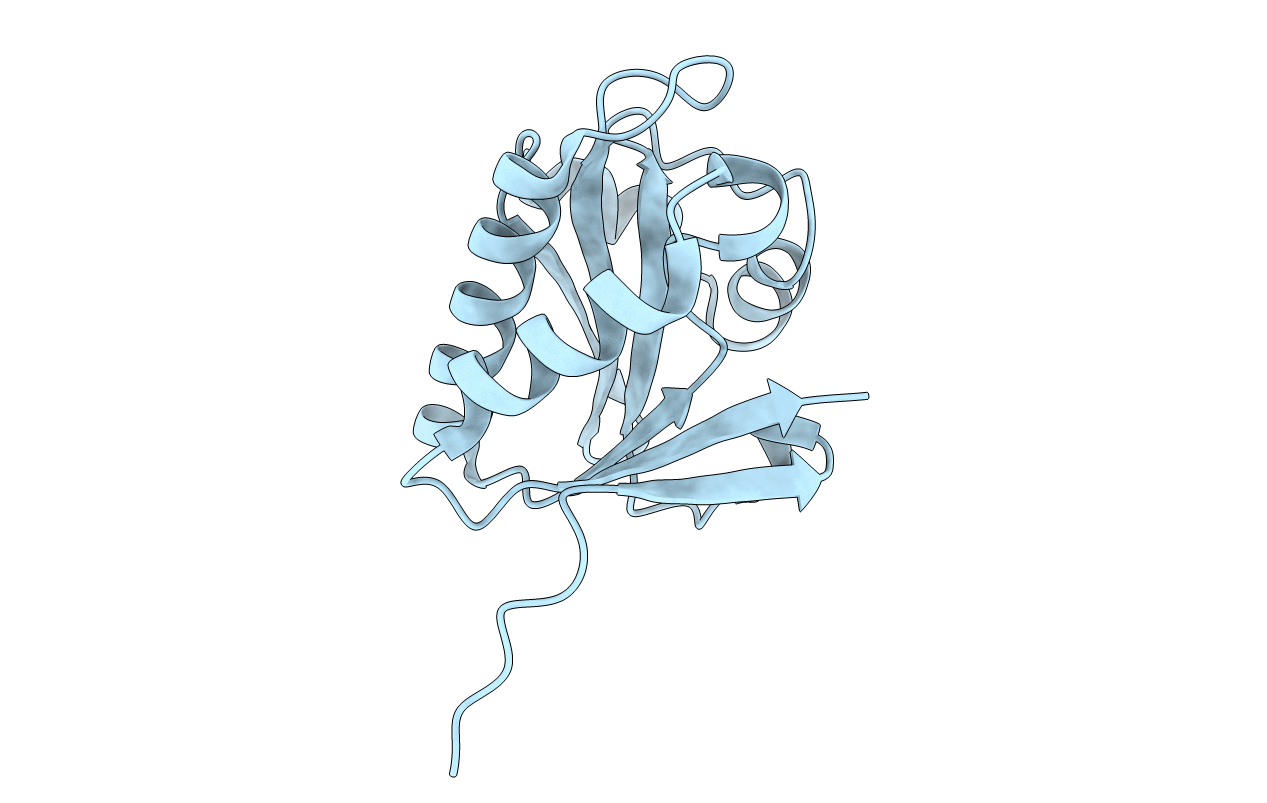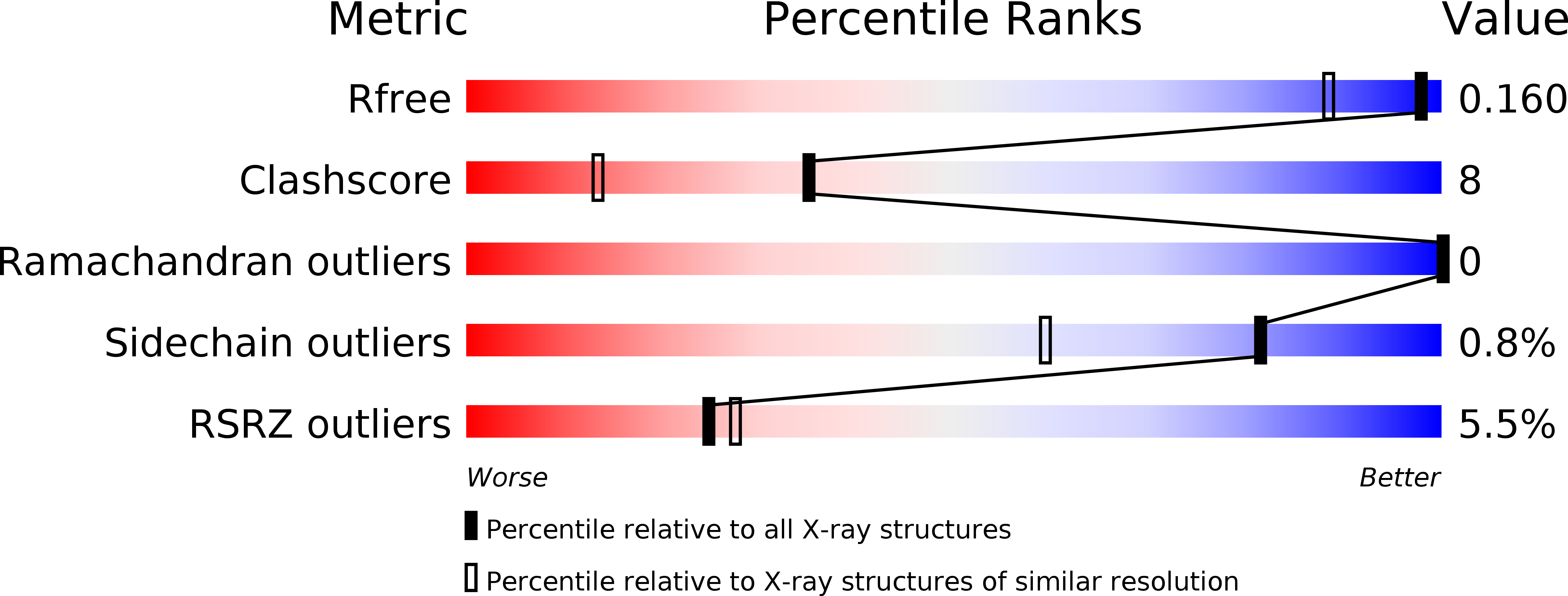
Deposition Date
2013-02-09
Release Date
2013-03-27
Last Version Date
2023-09-20
Entry Detail
PDB ID:
4J5Q
Keywords:
Title:
TARG1 (C6orf130), Terminal ADP-ribose Glycohydrolase 1, apo structure
Biological Source:
Source Organism(s):
Homo sapiens (Taxon ID: 9606)
Expression System(s):
Method Details:
Experimental Method:
Resolution:
1.35 Å
R-Value Free:
0.16
R-Value Work:
0.13
R-Value Observed:
0.13
Space Group:
C 1 2 1


